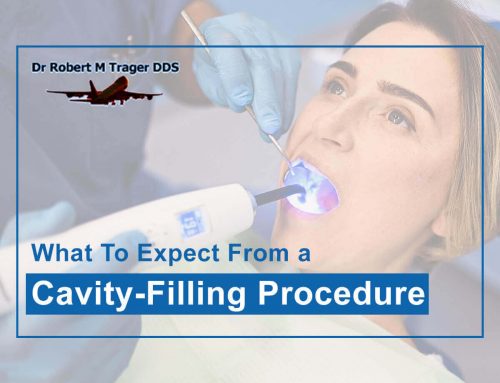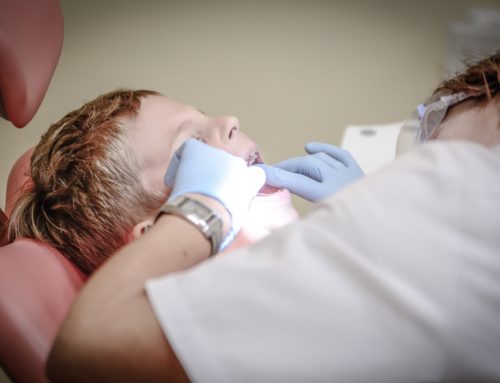 What do dental insurance plans really cover?
What do dental insurance plans really cover?
Oftentimes companies offer dental insurance as part of their benefits package. It’s a nice perk to have and spouses can reap the rewards too. But what if you’re single and you work for yourself? That’s when you’re going to need to get individual health and dental plans. The question is… what exactly do you need to know?
Coverage
The way it’s described – when people get dental insurance, they usually get covered at 100% of routine dental visits, such as cleanings and checkups. Then it moves down to 80% coverage for things like root canals, fillings and other basic procedure. After that, it’s 50% of things like crowns, bridges, and more complex procedures.
Not all plans operate this way, so read through them carefully, otherwise you’ll get a nasty case of bill-itis, which is where you fall over from shock when you see what you owe your dentist after your visit (s). It pays to spend a few minutes looking over the fine print of your plan and you can contact your insurer if you have any questions. That way, everyone will be on the same page when you finally sit down in the chair and have the dentist/specialist go to work on your mouth.
Types
Oh, you thought this was going to be a one-size-fits-all deal? Ha Ha. No. You can choose from three types: HMO, PPO, or indemnity plan. The first two sound like cable channels, don’t they? The HMO stands for Health Maintenance Organization and it means you need to see a dentist that’s within the network. That’s great until the dentist is like 50 miles from you. The PPO (Preferred Provider Organization), which means you can see dentists outside the network, is more popular. If you’re using the indemnity plan, you can choose the dentist and they’ll pick up a percentage of costs.
The advantage of a PPO over an indemnity plan is that you typically pay less for procedures. You might pay $400 instead of $500. Having that extra hundred back in your pocket can feel very nice, indeed.
Waiting Time
If you join a group plan, there’s a lot less waiting time than if you get an individual plan. So that means that you might have a shorter window of time to get procedures done if you get the individual plan, especially if you were hoping to have something done before a vacation. So budget your time accordingly if you’re deciding to go with an individual plan.
Other Things To Consider
Typically, you won’t be kept from dental insurance if you have a pre-existing condition, but do your research there before applying for a certain type If you want to have cosmetic dental work done, you’re likely going to have to pay for it out of pocket, since insurers don’t consider that necessary, and there would have to be extremely extenuating circumstances for them to change their minds.
Dr. Robert Trager, also known as the JFK Dentist, is very flexible when it comes to plans. Have any questions? Contact his office and his great staff will be very happy to walk through the options and payment plans for procedures.

 What do dental insurance plans really cover?
What do dental insurance plans really cover?



